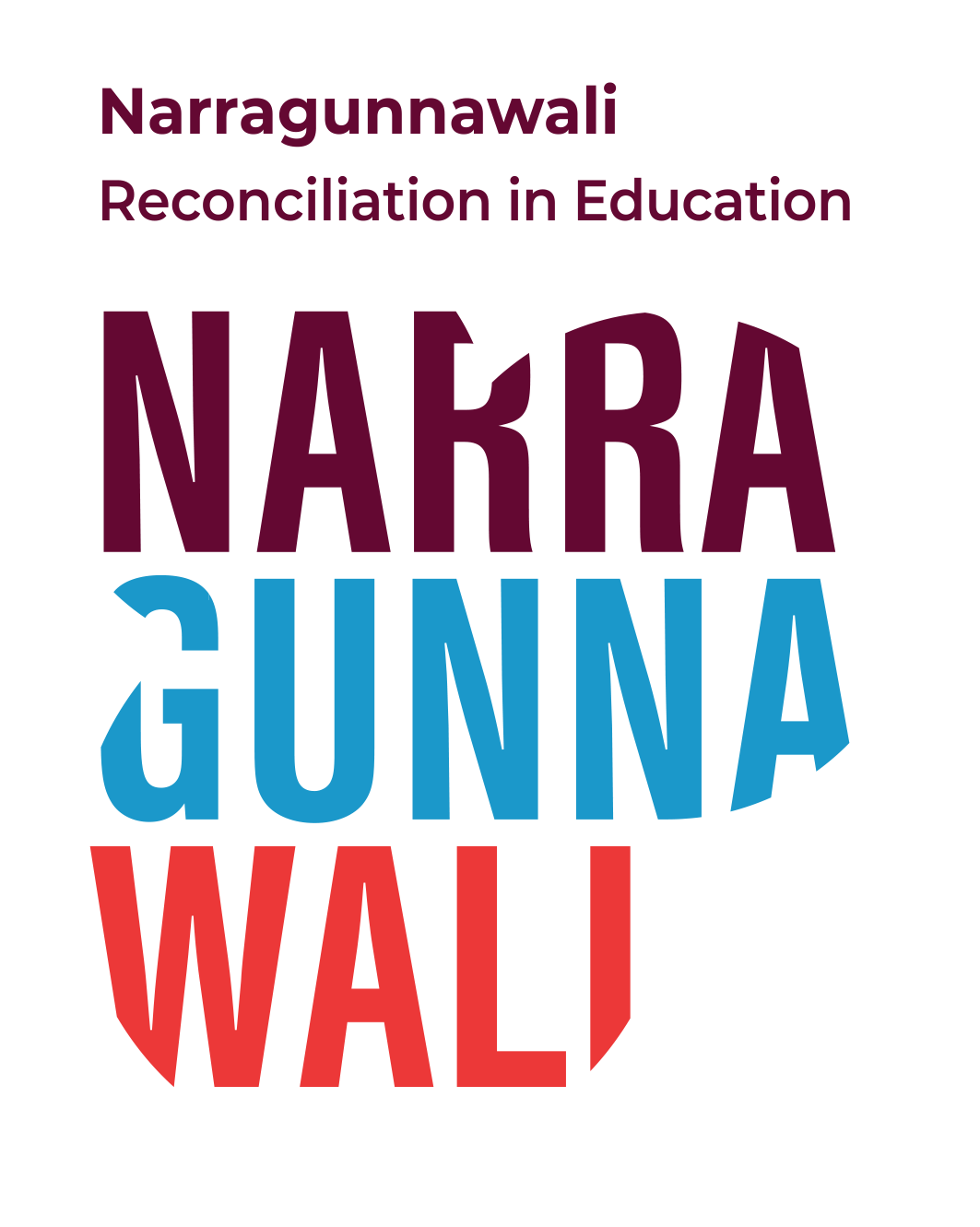Spotlight On – Student Driven Action


Image: Students of St John's Grammar School raising the flag.
“A nation is democratic to the extent that its citizens are involved, particularly at the community level” – Roger Hart, Children’s Participation: From Tokenism to Citizenship
The development of St John’s Grammar School’s Reconciliation Action Plan (RAP) is a powerful example of a movement that has been driven by students through their role as Reconciliation Ambassadors, with valuable input and guidance from knowledgeable and supportive adults in the wider school community.
Brian Wicks joined the teaching staff at St John’s and was passionate about reconciliation. The establishment of the Narragunnawali program in 2014 assisted in strengthening St John’s journey and inspiring students to take action — “The RAP has helped in two ways. First, it has helped to define what is already being done in our school above and beyond the first plan… Secondly, it has given a common framework to aim at, based on the shared understanding of how we want our reconciliation actions to develop in the next couple of years.”
This drive encouraged students to not only continue the success of the St John’s RAP, but to build upon it. Students and teachers alike saw the importance of continuing the Student Reconciliation Ambassador role specifically dedicated to progressing reconciliation in classrooms, around the school and with the community. At the St John’s RAP launch event in 2016, then Student Ambassadors Stuart and Millie passed the baton on to Ella and Ali, to lead the school forward alongside the local community throughout 2017.
“We must promote a change for the future and empower all students and people to engage with the journey of reconciliation. If you can change somebody’s mindset, or shape how they might interact with Indigenous people, then little by little your actions will make a difference. Your actions and words are what will foster reconciliation.” – Stuart, one of two 2016 St John’s Grammar School Student Ambassadors
With this year’s National Reconciliation Week theme having been Let’s Take the Next Steps, St John’s students have been actively working towards empowering themselves and others to participate in reconciliation in a multitude of ways. Additionally, they are encouraging adults within the school and wider local communities to support and grow alongside them.
“Our reconciliation goal has always been to challenge and inspire our students to make strong relationships between Aboriginal and non-Aboriginal students. Having students lead our RAP not only flows out of our School’s aim of giving students agency in their learning, but more significantly is a consequence of the strong relationships which have been developed.” – Brian Wicks, teacher at St John’s Grammar School
St John’s story is a strong example of the importance of strengthening school-wide knowledge and understanding of Aboriginal and Torres Strait Islander histories, cultures and perspectives. Of particular note at St John’s is the pivotal leadership role that students have played in continuing the engagement with reconciliation learning and action.
“I think that Australia has come far on the road of reconciliation, but it still has further to go. Applying for the Ambassadorship has given me the opportunity to do my part on the road to a reconciled Australia… The main plan that Ali and I have been working on lately is getting an Aboriginal Studies subject implemented as a course that St John's Grammar has to offer. We have written a proposal that we have presented to our principal, which she then presented to the school board.” – Ella, one of two 2017 St John’s Grammar School Student Ambassadors

